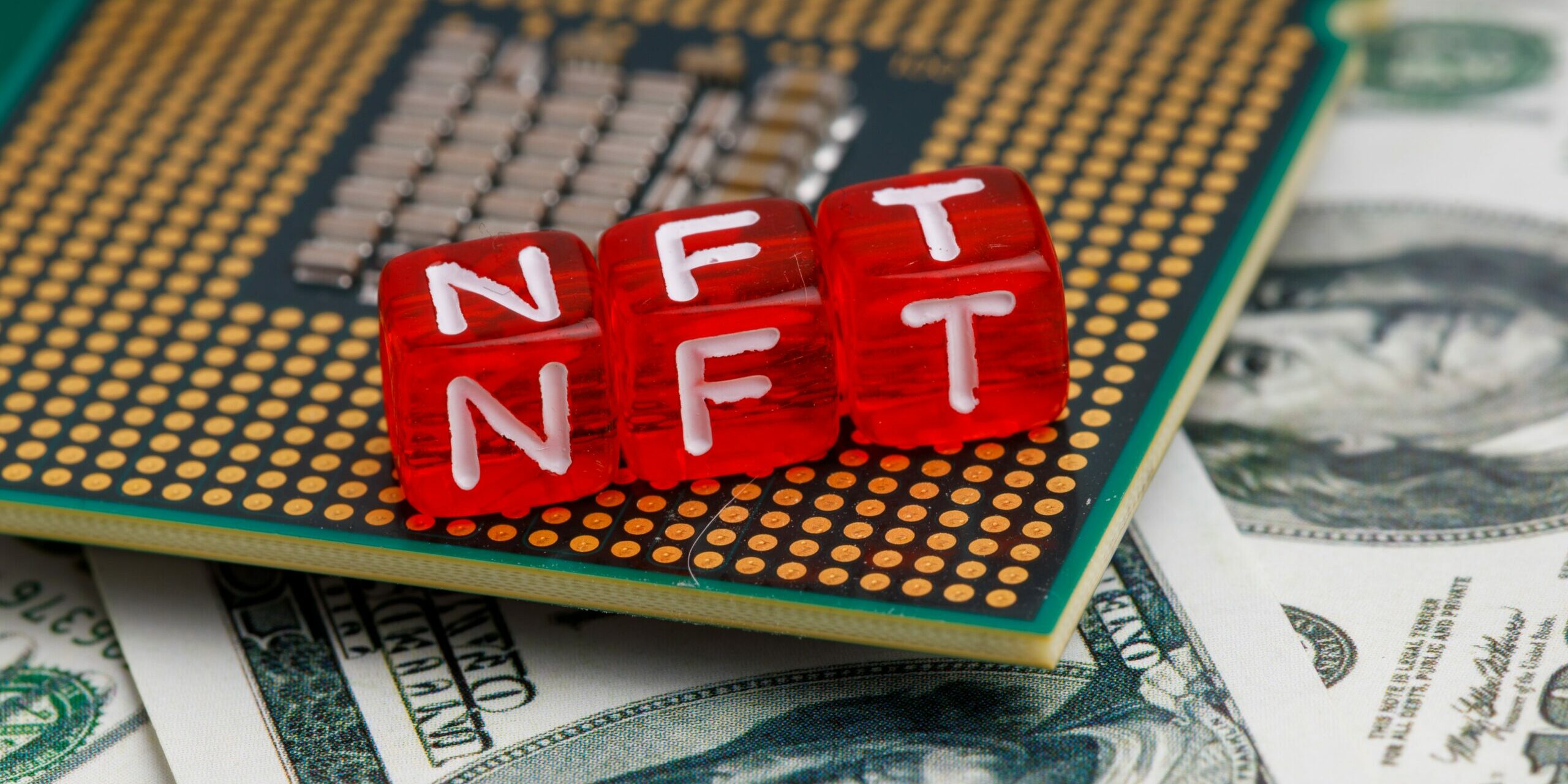As non-fungible tokens (NFTs) have grown in popularity, due to their rarity, uniqueness, and the large amounts they’ve been sold for in recent years, questions have arisen regarding the applicability of state sales and use taxes to these items. Even with their perceived novelty and the difficulties to track them, a few states and taxing jurisdictions have already provided guidance and their positions on the taxability of NFTs.
NFTs are a form of digital identifier that utilizes blockchain technology as a means of establishing provenance. The “token” is a cryptographically secured digital identifier tied to a unit recorded on a public, distributed blockchain network. The network acts as a ledger, recording the transaction histories of these units across its many instances. The “non-fungibility” refers to the fact that the digital identifier is unique and cannot be copied, which allows for the verification of a given token’s identity on the blockchain network. This identifier may point to any of a wide variety of items, from physical and digital products such as collectibles and art to membership in an organization or admission to an event. It should be noted that this method of verification is not integral to the item or object associated with the NFT itself. Think of it as a digital certificate of authenticity.
Determining how to tax a transaction involving NFTs can be difficult. It could be challenging to determine the true object of the transaction or how the different parts of the transaction should be taxed, either separately or together. Also, the anonymity allowed by the technologies upon which NFTs are based can be an impediment to determining the locations and identities of the parties to a transaction. This makes it is easy to run afoul of nexus and sourcing rules, especially following the decision in South Dakota v. Wayfair. This decision by the Supreme Court of the United States allowed states to collect sales tax from out-of-state sellers with no physical presence in that state, broadening the range of transactions subject to sales tax.
Pennsylvania, Washington, and Puerto Rico have released guidance and updates to tax rules over the past year regarding their treatment of NFTs.
On June 11, 2022, Pennsylvania issued Bulletin 52 Pa.B. 3384, as a supplement to the state’s Code. This Bulletin updated the taxability matrix in the “Retailers’ Information” booklet (REV-717) to include NFTs under the definition of “digital products” and, as such, the state has determined NFTs to be subject to sales tax.
Similarly, Puerto Rico drafted an official amendment to the Regulations of their Internal Revenue Code on January 28, 2022, proposing to include NFTs under the definition of “Specific Digital Products.” The draft amendment introduces the addition of Article 4010.01(aa)-2 which states that NFTs are a format or means of transferring a digital product and, for sales and use tax purposes, should thus be taxable, like other specific digital products. The draft was filed at the beginning of 2022 and is still awaiting comments a year later.
The guidance provided by Washington on July 1, 2022 goes more into depth than Pennsylvania’s and Puerto Rico’s updates and lays out three fundamental areas of concern: the nature of the transaction, the taxability of its components, and the identities of the parties to the transaction. Washington applies its sales tax to NFTs according to the object of the transaction. The guidance addresses the general tax treatment of NFTs based on the underlying product or service “attached” to the sale of the NFT, which may include digital products such as just the NFT itself (taxable), standalone goods or services classified as retail sales (also taxable), and standalone goods and services not classified as retail sales (exempt). In the case of mixed transactions (transactions that include items from multiple taxability categories) where the sales prices of the individual components of the sale cannot be easily or readily separated, taxability is determined according to Washington’s rules for bundled transactions.
Washington includes sales of NFTs in their sourcing rules for retail sales of digital products. Washington has adopted the following hierarchy of historical sourcing rules from the Streamlined Sales and Use Tax Agreement to help sellers determine where a sale, including sales of NFTs, should generally be sourced.
- If the object of the sale is received by the purchaser at the seller’s business location, it is sourced to that location.
- If it is received elsewhere, it is sourced to the location where receipt by the purchaser occurs.
- If neither #1 or #2 above can be applied, the sale is sourced based on the following criteria in descending order: the address of the purchaser according to the records maintained by the seller, the location indicated by an address of the purchaser obtained during the consummation of the sale (including the address of a purchaser’s payment instrument), or based on the location from which the item was shipped or made available by transmission from the seller (origin sourcing).
It is important to note, as well, that marketplace facilitators must collect tax on sales involving taxable NFTs sourced to Washington. When it comes to determining if a sale should be sourced to Washington, the aforementioned hierarchy of sourcing rules should also be utilized by marketplace facilitators.
As of the time of the writing this article, thirty-one states, plus the District of Columbia, have adopted some form of taxation on the sales of digital products. It is likely that these other jurisdictions that currently tax digital products may follow the lead of Washington, Pennsylvania, and Puerto Rico and treat NFTs similarly for sales tax purposes. However, in the absence of specific guidance, each taxing jurisdiction’s existing rules on digital products should be the best source to reference when determining the taxability of NFTs .
If you have any questions about the taxability of NFTs or need other sales tax help, contact our team at Clarus Partners today.

